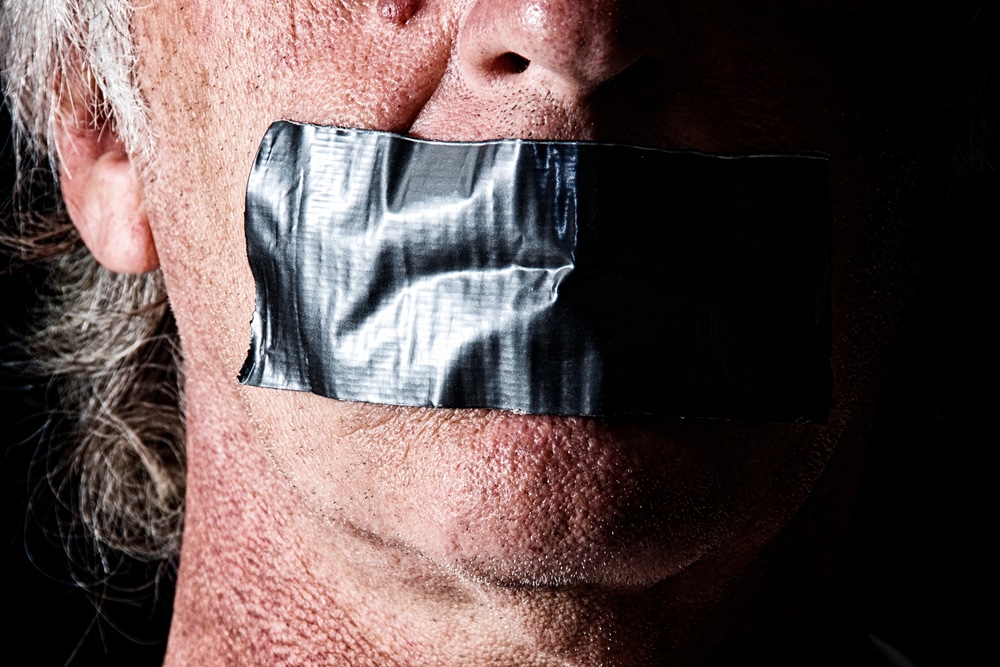Politically correct, politically correct, it is not clear whether it is a way of being, a cultural model, a kind of immense party; the fact is that, in Italy, by now, political correctness dominates every manifestation, let’s say, of public discourse.
There are examples of this all over the place: Alain Delon, a great icon of world cinema, dies, and no one says that Alain Delon was, in many ways, the sexiest of nonconformist icons but certainly also a reactionary. His statements in France about the world of gays, about the world of immigrants, caused a stir. Just review the interview he did in the temple of political correctness in Italy and that is in Fabio Fazio’s salon, when the French actor about Me Too says: I don’t understand the women of today because I, when I was young, received the same attitude from women and I suffered it happily. Anguish and embarrassment from the host and the studio.
In short, the Delon of political incorrectness, the one who prefers dogs to children, has fallen by the wayside compared to the jam of acceptable recollection according to the mainstream. And then there is the eternal discussion Vannacci, who on political correctness has written a book, The Upside Down World, which has earned him fame, a candidacy in politics and now even a movement, perhaps a party. If he is right that political correctness is the dictatorship of a minority over a silent majority, his party’s membership is likely to become about 15 to 20 percent of Italians in a few months.
The latest episode in this let’s say bourgeois summer comes from the world of soccer, a world on and off the field, and even on the sidelines, that is often linguistically incorrect. A coach, in this case Antonio Conte, rightly angry because on his debut Napoli lost three to zero to Verona, after the second goal lashes out at one of his defenders and offends him. The lip of the cameras is unforgiving The Napoli world is in turmoil, and instead of hatching an apology to the fans for sucking, it is Conte who must apologize.
I mean let’s face it, you can’t say practically anything anymore and you have to pay maniacal attention to everything. But in the end the question is always the same: but who holds the strings of this political correctness? What if Vannacci, at least in this, is right?
The article Correct above all else comes from TheNewyorker.

